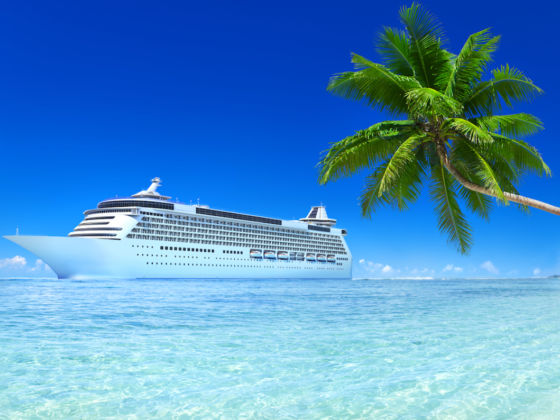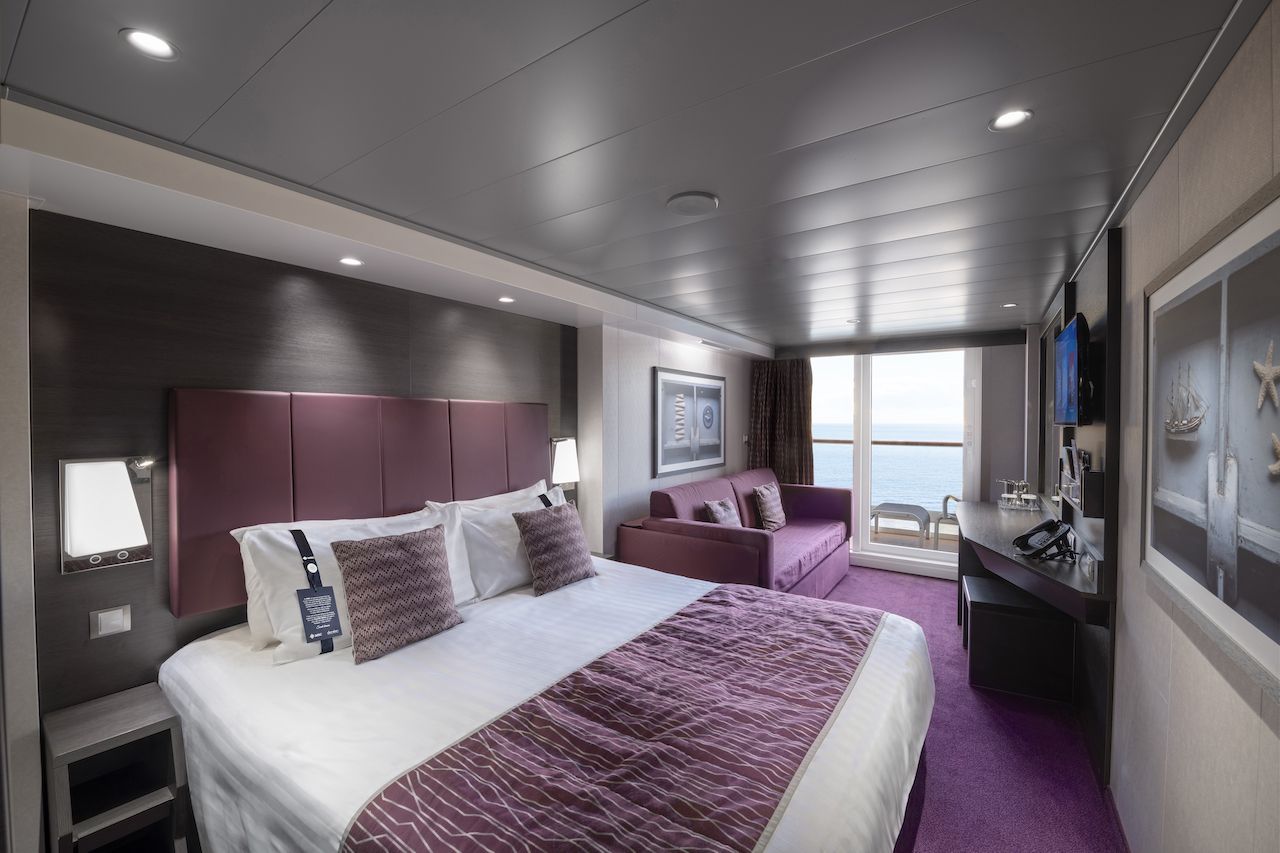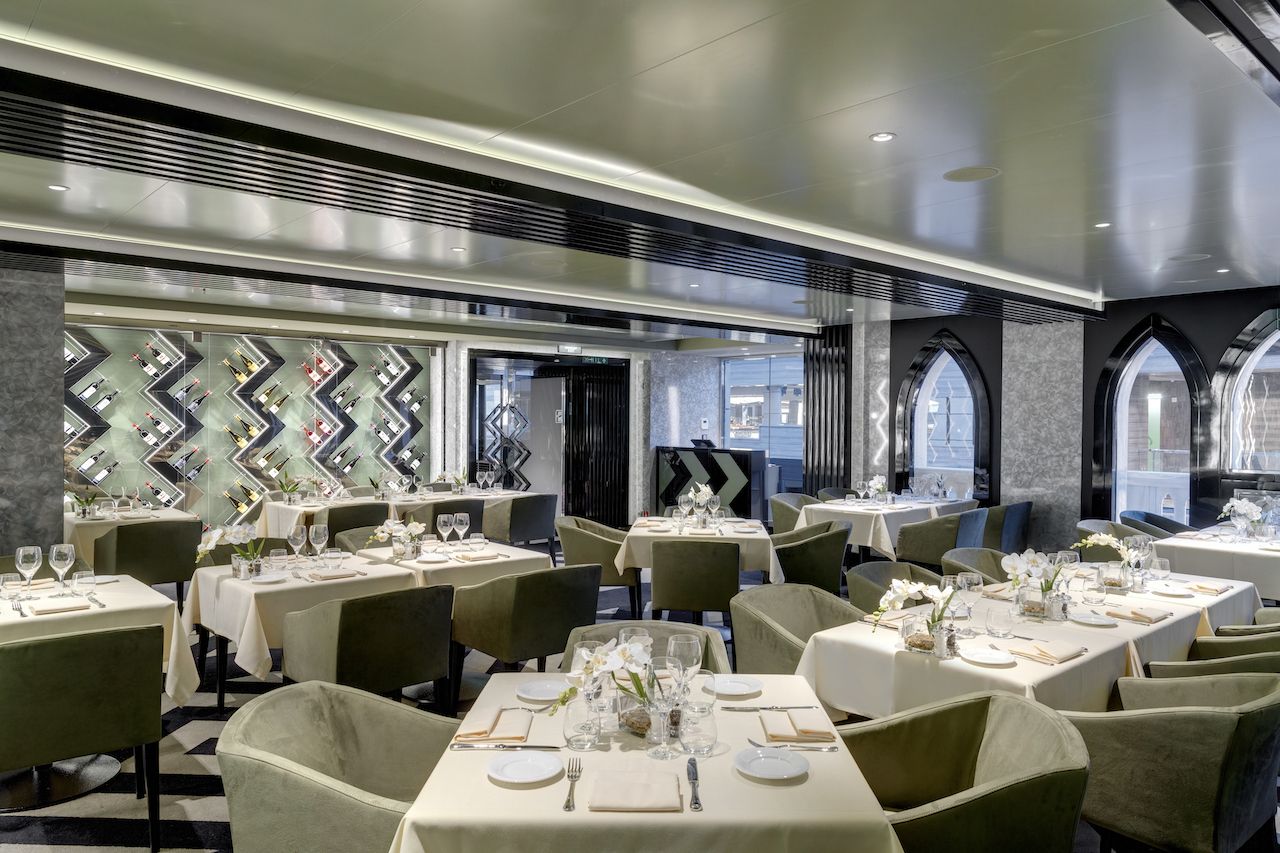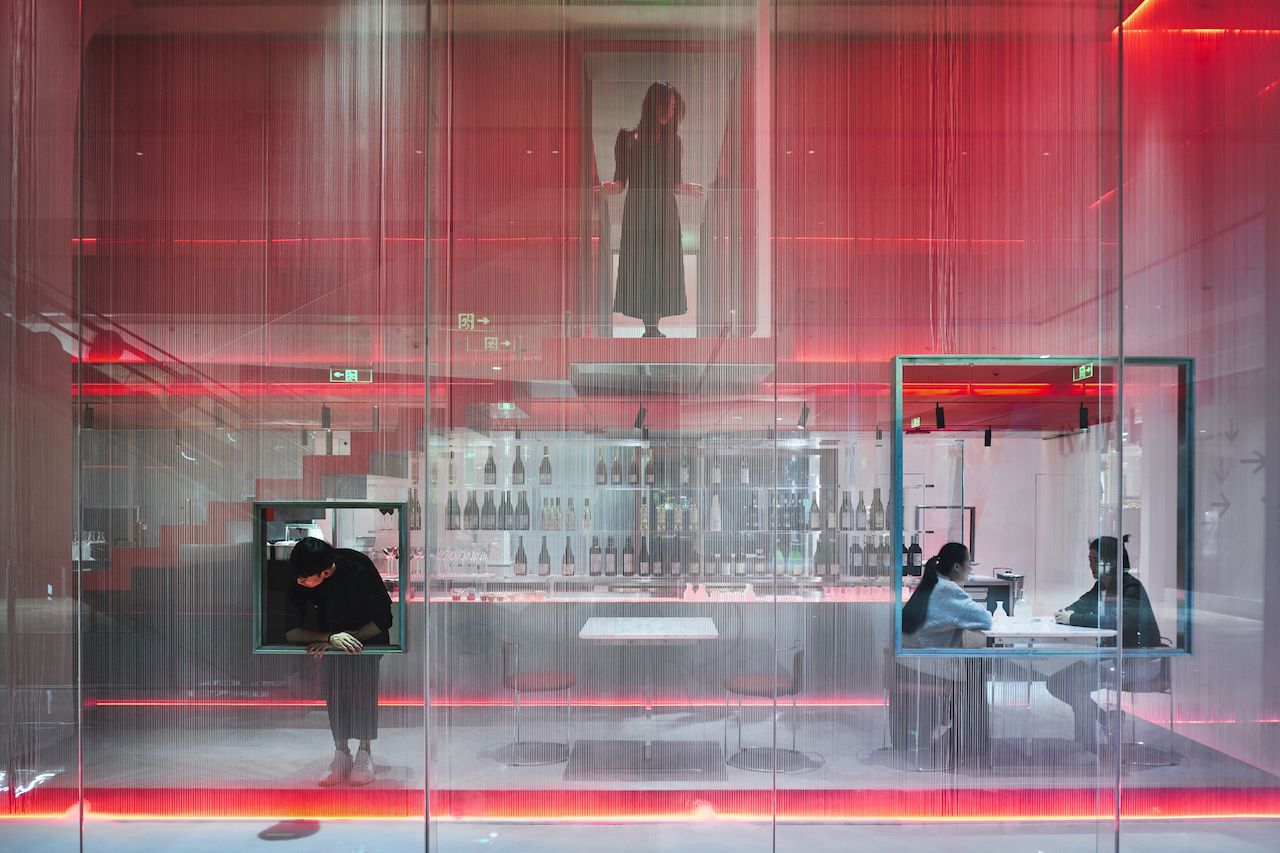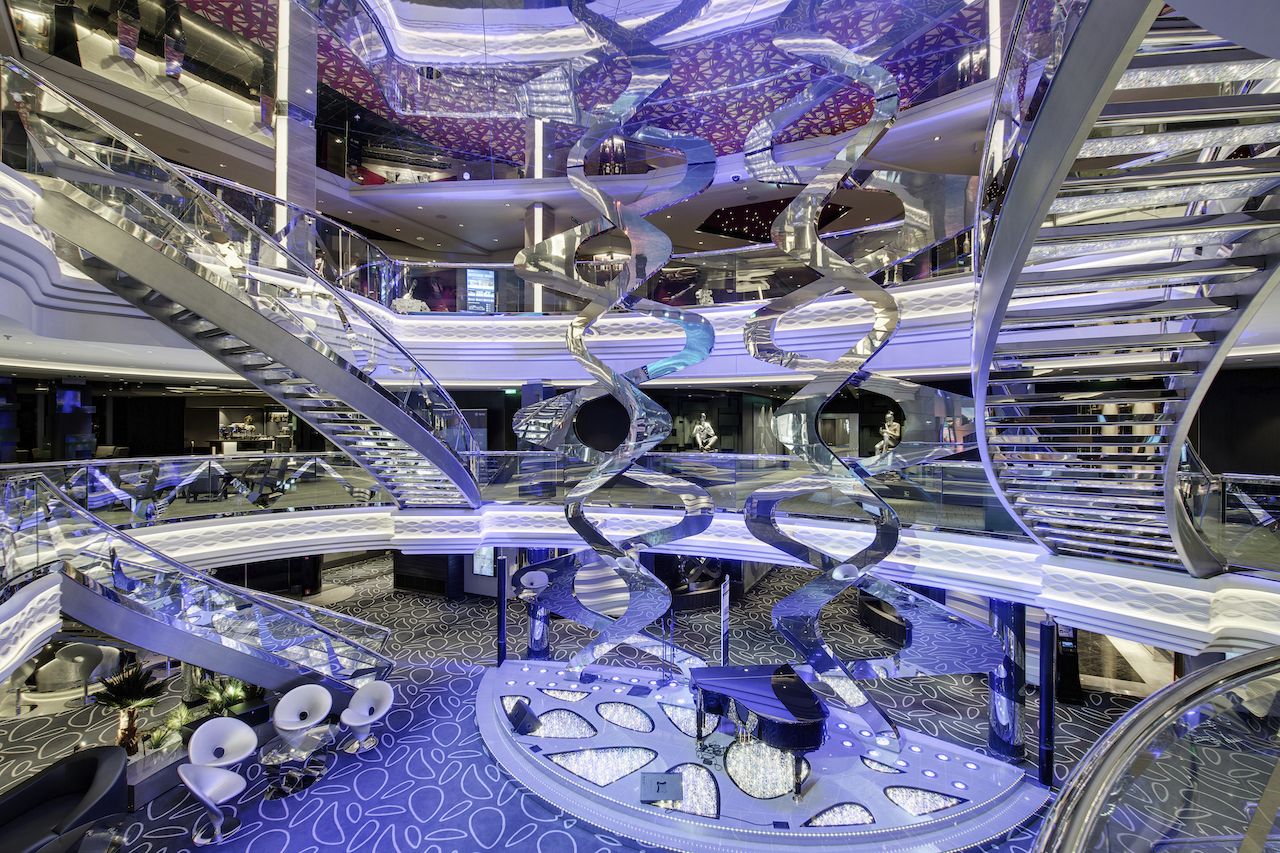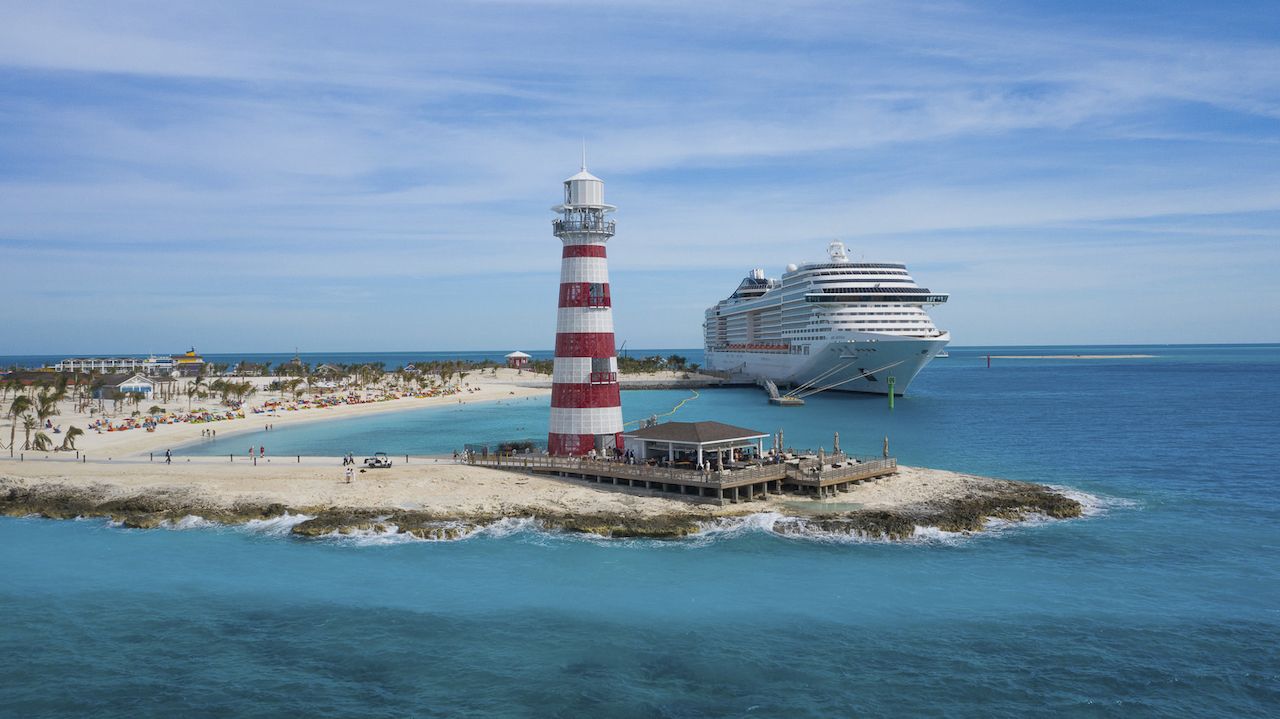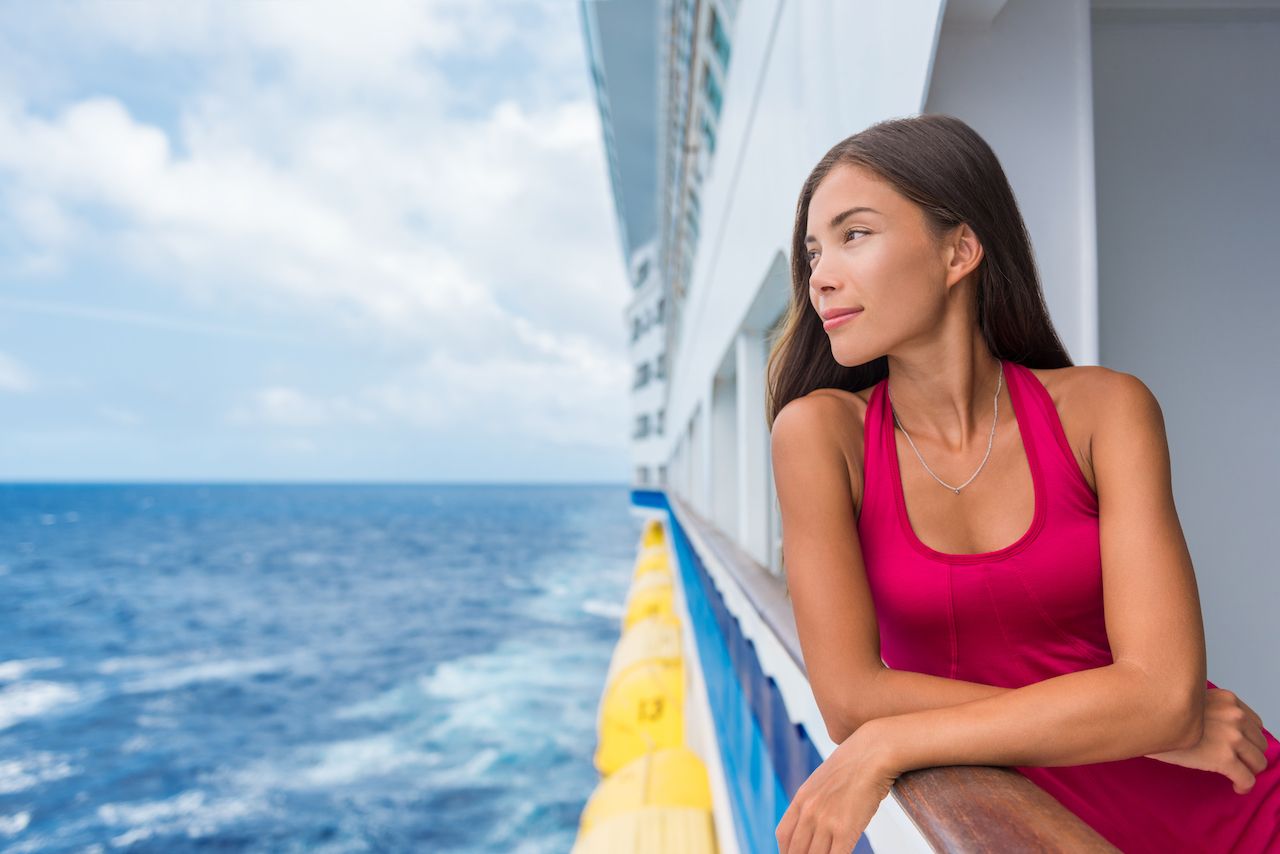Imagine coming back from a hard day of working with baby sea turtles on a tropical island, stepping aboard a cruise ship where the A/C in your room is already set to cool you off, there’s a big fruity drink waiting for you on the nightstand, and a perfectly heated shower is already running. The sound system is playing a soft steel drum band, and the lights automatically set to complement the sunset. You shower, then head to dinner where your dream meal is waiting without you having to order. Then you go to a show where you pick how the plot proceeds.
This level of service and ultra-customization is but one part of the not-so-distant future of cruising, where data collection and artificial intelligence will make the onboard experience specialized to everyone. MSC Cruises recently released an extensive report called “The Future of the Guest Experience,” which examined current and future technologies to see what cruising might look like in 2030. We read the whole thing, then chatted for a while with MSC, to see just how you might be traversing the ocean a decade from now.
